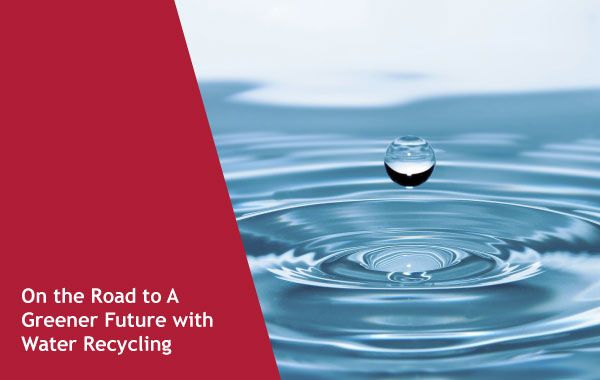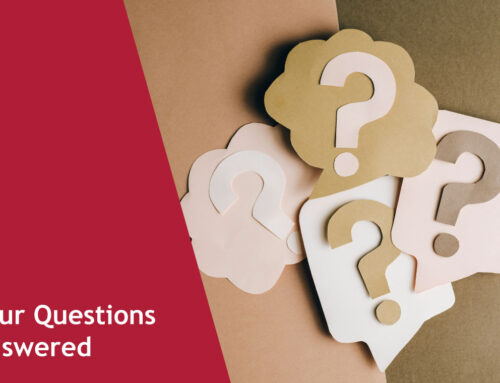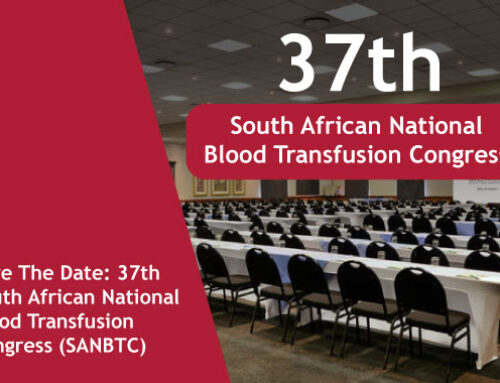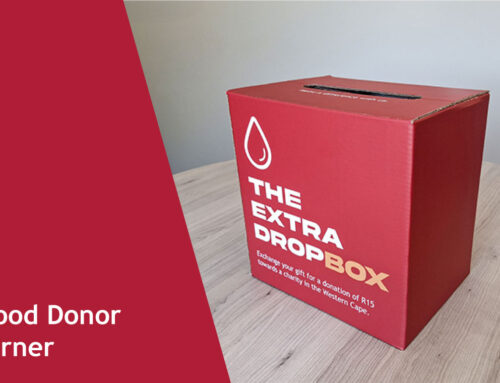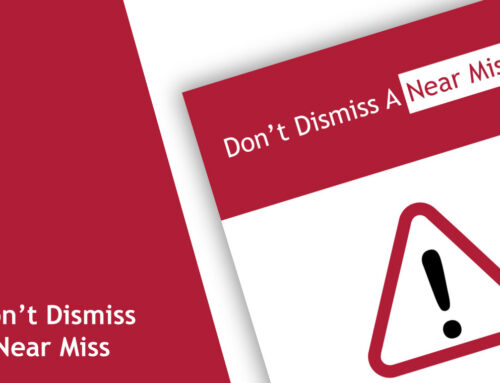Did you know that WCBS recycles water in its laboratories that is used in solutions to test every blood donation?
The new WCBS headquarter building (completed in 2022/2023) was fitted with ‘recycle ready’ reverse osmosis equipment to ensure a seamless supply of water that will meet laboratory standards.
How does WCBS recycle water and is it safe?
Grey water is pumped from an onsite borehole and stored in huge tanks that have a cumulative maximum capacity of 3,000 litres. The grey water is routed from the tanks to a treatment/reverse osmosis plant where it undergoes pre-treatment, filtrations, reverse osmosis cycles, pH adjustment and deionisation at a total throughput of 18 litres per minute. The laboratories use a weekly average of 1,000 litres of recycled water, specifically for testing of infection markers, blood grouping and extended phenotyping, as well as the production of reagents used in the laboratories.
Stringent quality control is performed on the recycled purified water, as all metals and minerals must be removed, for it to be suitable for laboratory use.
For more information about greener future initiatives, contact Faisal Hassen, Head — Continuous Improvement and Projects (Faisal@wcbs.org.za).

